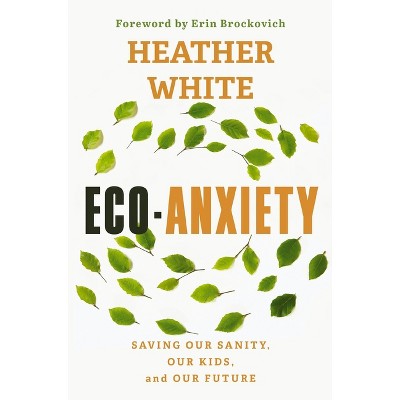Sponsored

Nature's Echo - by Thomas Crowther (Hardcover)
Pre-order
Sponsored
About this item
Highlights
- Learn how an ancient force, dating back to the beginning of time, can be harnessed to solve the world's biggest problems.In the moments after the big bang, matter started to take shape.
- Author(s): Thomas Crowther
- 288 Pages
- Nature, Environmental Conservation & Protection
Description
About the Book
Learn how an ancient force, dating back to the beginning of time, can be harnessed to solve the world's biggest problems.Book Synopsis
Learn how an ancient force, dating back to the beginning of time, can be harnessed to solve the world's biggest problems.
In the moments after the big bang, matter started to take shape. Within a few seconds, quarks began combining to form neutrons and protons, which would later form the nuclei of the most basic elements. Minutes passed, then years, then millennia. In this initial emptiness, the underlying processes that would eventually produce our entire world were already underway, a ceaseless dance of evolving matter. And the fundamental steps of that dance, the patterns of interaction that shaped all of the developing matter, are called feedback loops.
A feedback loop occurs when the outcome of a process restarts that process, creating a cyclical chain of cause and effect. Feedback loops can either maintain the status quo (a negative feedback loop), or they can create a "snowball effect" (a positive feedback loop) where more begets more. Physical feedback loops literally form our physical reality around us, but psychological feedback loops determine how we build our perspective of reality.
In Nature's Echo, scientist Tom Crowther provides inspirational examples from restoration projects around the globe that show the spectacular interconnectivity of ecosystems formed through endless feedback loops and share inspiring stories of communities using feedback loops to restore their environments and adapt economically to a changing world. The feedback loops that generate sustainable ecosystems have the same structure as those that give rise to the stars, planets, and life; economic inequality and privilege; and the way we see the world. Understanding feedback loops can help individuals, companies, and governments engage in the battle against environmental change and envision a new future where we work with the Earth to fight its devastating effects.
Shipping details
Return details
Frequently bought together
Trending Non-Fiction

















